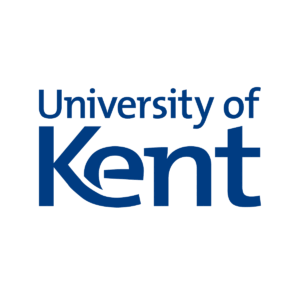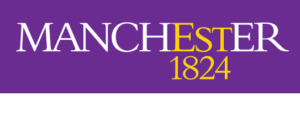Our Partners
CADDA is a strategic collaboration of three academic partner institutions (University of Kent, The University of Manchester and UCL), backed by four years funding support from Research England. During the development of the CADDA programme we sought and gained advice from a range of diagnostics organisations, these included trade bodies, NHS Trusts, large businesses and SMEs for both human and animal health.
Our partners are helping us with their time and resources, offering advice, governance and support to CADDA, they are vital to our organisation.
If you are interested in learning more about becoming a CADDA partner, please email cadda@kent.ac.uk





